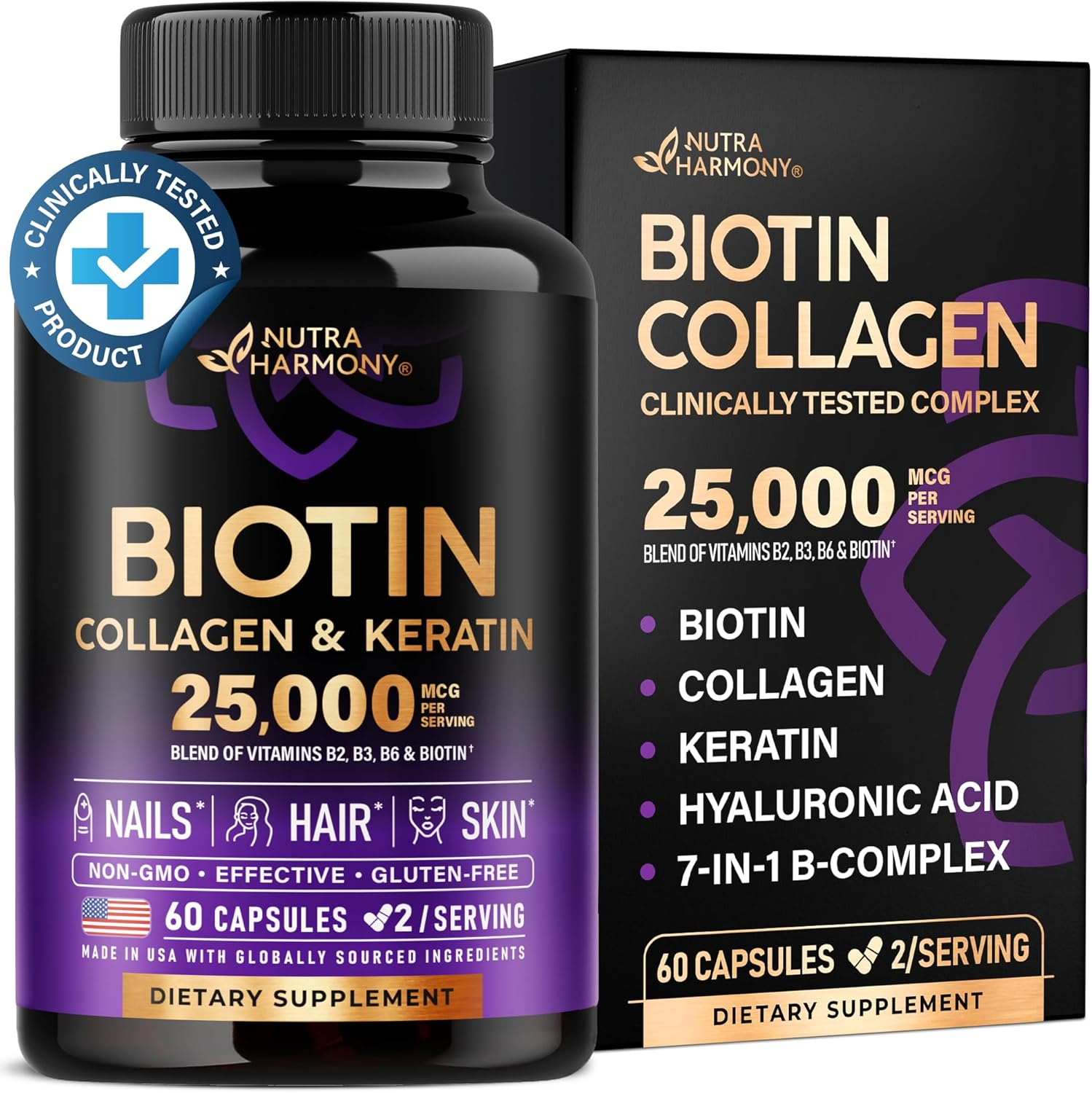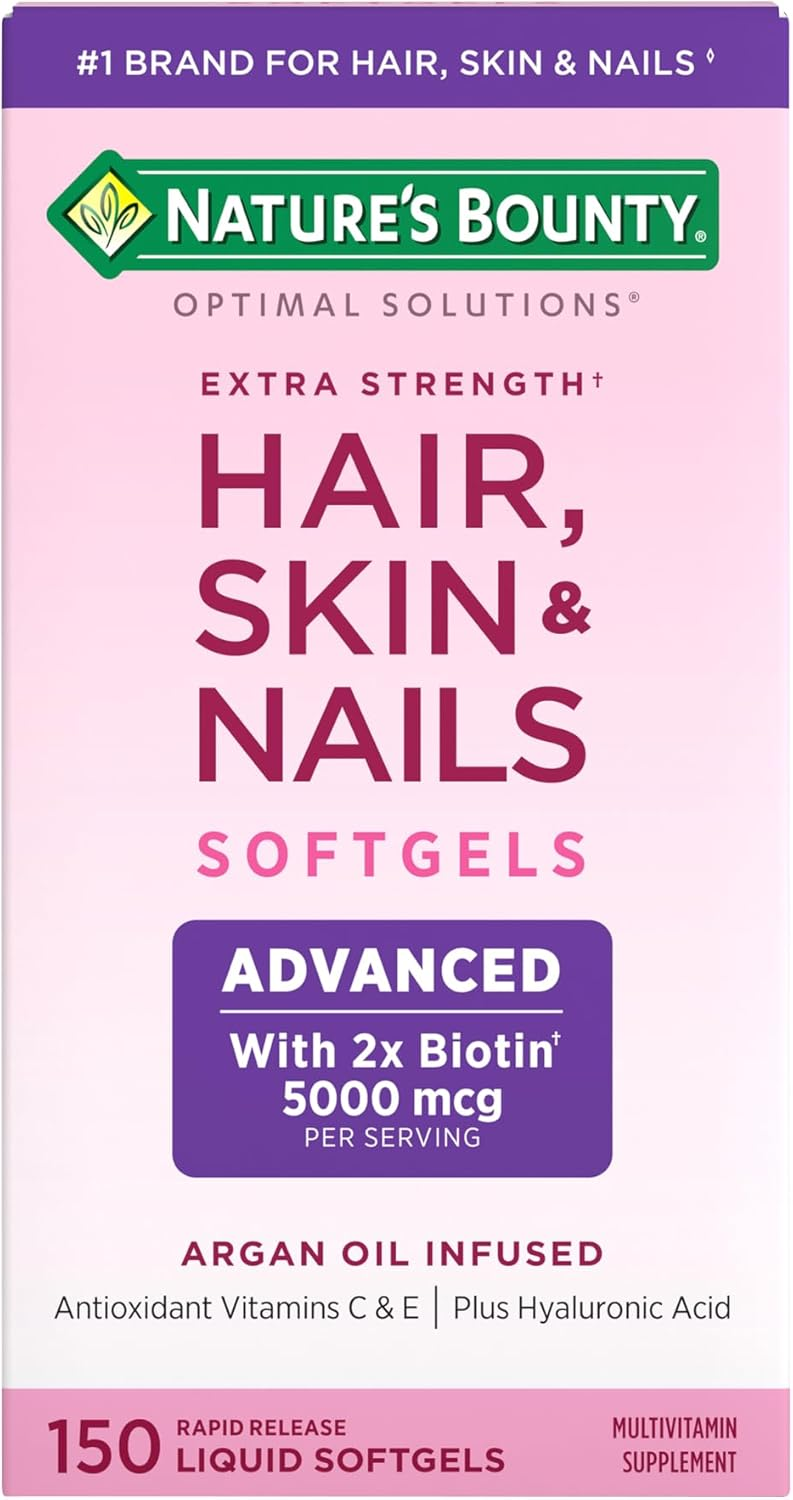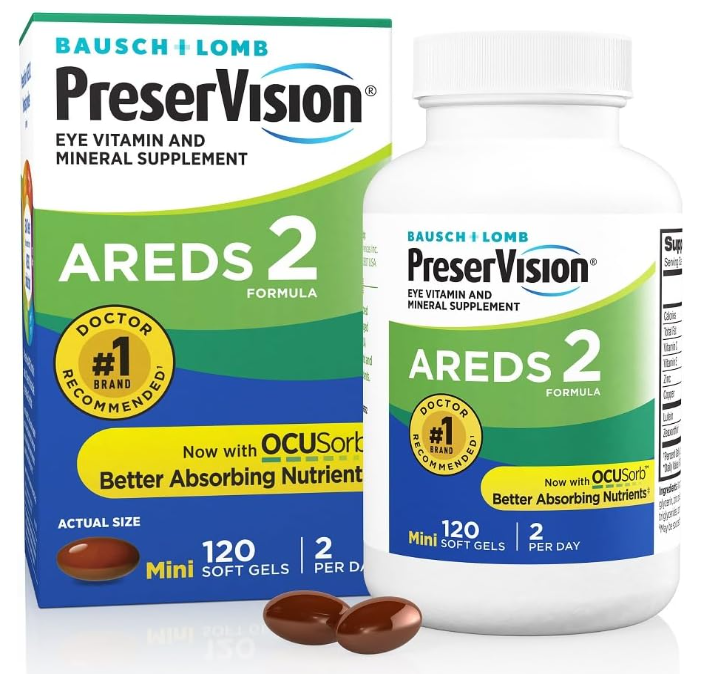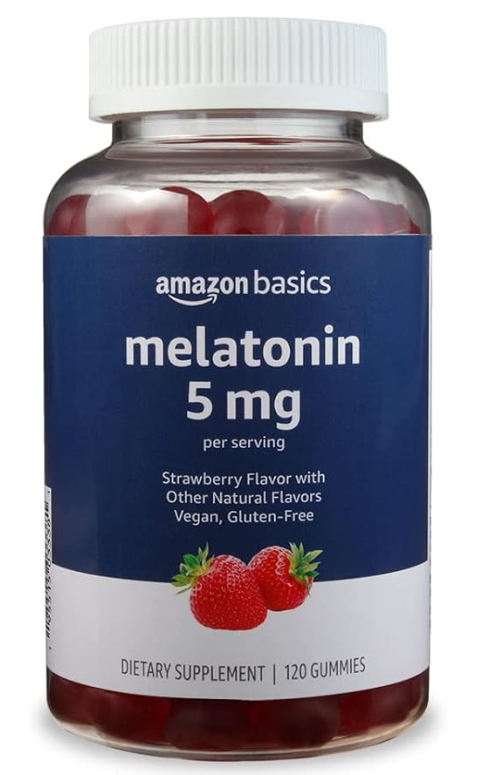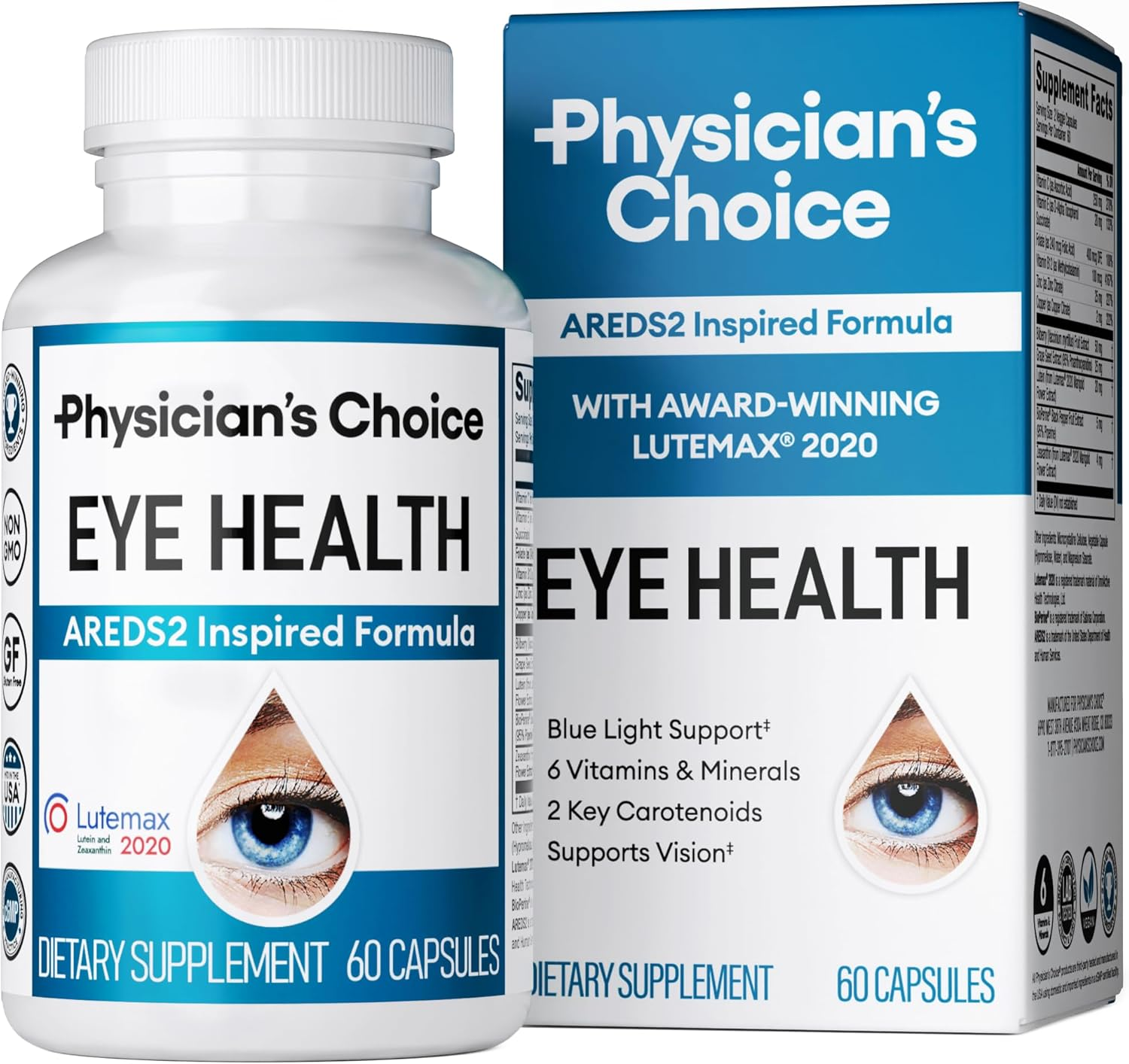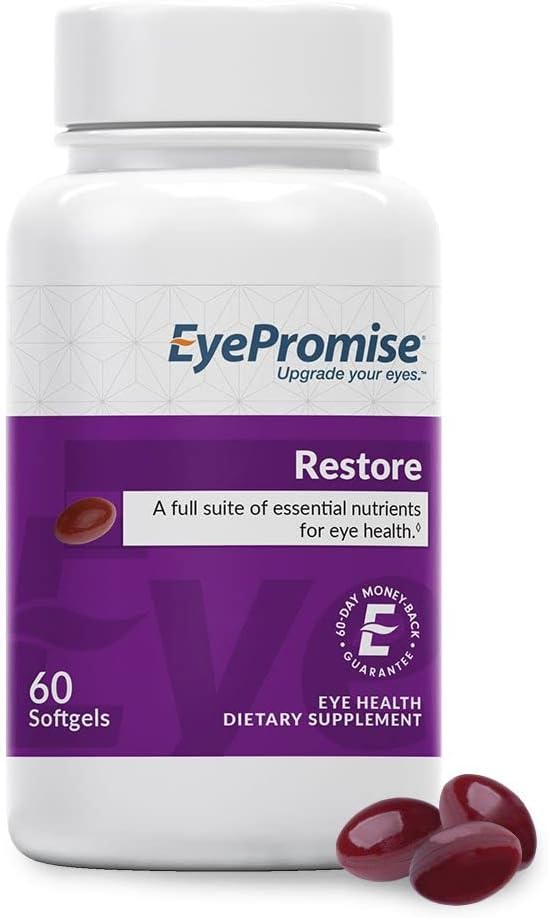Vision Care for Seniors in the United States
As we age, maintaining eye health becomes increasingly important. In the United States, several measures and resources are available to support seniors in preserving their vision.
Regular Eye Exams
The American Optometric Association recommends that seniors have comprehensive eye exams annually. As we age, the risk of developing eye conditions such as cataracts, glaucoma, and macular degeneration increases. Regular eye exams help in early detection and prevention of these issues, allowing for timely intervention and treatment. Early diagnosis can often prevent significant vision loss and maintain quality of life.
-
Cataracts: A common condition where the lens of the eye becomes cloudy, leading to decreased vision. Cataract surgery is a common and effective treatment that restores vision.
-
Glaucoma: This condition involves increased pressure in the eye, which can damage the optic nerve. Regular screenings are essential as glaucoma often has no symptoms until significant damage has occurred.
-
Macular Degeneration: Age-related macular degeneration (AMD) affects central vision and is a leading cause of vision loss in seniors. While there is no cure, certain treatments can slow its progression.
Medicare and Vision Care
Medicare, the federal health insurance program for people aged 65 and older, does not typically cover routine vision exams or glasses. However, it does cover certain eye care services if you have specific conditions like diabetes or after cataract surgery. It's important for seniors to understand their Medicare benefits and consider supplemental insurance plans.
-
Medicare Part B: Covers some preventive and diagnostic eye exams, particularly for individuals with diabetes or those at risk for glaucoma.
-
Medicare Advantage Plans: These plans, offered by private insurers, often include additional vision benefits such as routine exams and eyewear. It's worthwhile for seniors to compare plans during open enrollment to find one that best meets their needs.
Preventive Measures
Preventive eye care can significantly impact long-term vision health. Seniors are encouraged to adopt habits and lifestyle changes that support eye health.
-
Areds 2 Eye Vitamins - Lutein, Zeaxanthin & Bilberry Extract: These supplements support eye health by reducing eye strain and maintaining retinal health. They are beneficial for individuals experiencing age-related vision changes.
-
UV Protection: Wearing sunglasses that block 100% of UVA and UVB rays can help protect eyes from sun damage, which contributes to cataracts and macular degeneration.
-
Healthy Diet: A diet rich in omega-3 fatty acids, lutein, zeaxanthin, and vitamins C and E can help maintain eye health. Foods like leafy greens, fish, and citrus fruits are excellent choices.
Assistive Technologies
For seniors with impaired vision, assistive technologies can greatly enhance quality of life. These tools help individuals maintain independence and perform daily tasks more easily.
-
Magnifying Devices: Handheld or stand magnifiers can help with reading and other close-up tasks.
-
Screen Readers and Voice Assistants: These technologies convert text to speech, allowing visually impaired individuals to use computers and smartphones effectively.
-
Text Enlargement Software: Programs that enlarge text on screens can make it easier for those with low vision to read digital content.
Community Resources
Numerous organizations provide resources and support for vision-impaired seniors, offering services that range from financial assistance to educational programs.
-
American Foundation for the Blind (AFB): Offers resources, advocacy, and community connections for individuals with vision loss.
-
Lions Clubs International: Provides sight-related services, including eye exams and glasses for those in need.
Best Sellers
Hair Care for Aging Adults in the United States
As people age, hair care needs can change significantly. Here are some tips and resources for maintaining healthy hair in middle and later life in the U.S.
Understanding Hair Changes
With age, hair may become thinner, lose pigment, and grow more slowly. Hormonal changes, reduced production of natural oils, and environmental factors contribute to these changes. Understanding these changes can help seniors make informed decisions about hair care.
-
Hair Thinning: This is common due to reduced hair follicle density and changes in hair growth cycles. It's important to handle hair gently to prevent breakage.
-
Graying Hair: Loss of pigment results in gray or white hair. While this is a natural part of aging, some choose to color their hair to maintain their original color.
-
Texture Changes: Hair may become more coarse or fine, impacting styling and management.
Recommended Products
Choosing the right hair care products is crucial for maintaining hair health. Products like Nature's Bounty Advanced Hair, Skin & Nails are clinically tested supplements that support hair growth. They contain biotin, collagen, and keratin, which are essential for strong and healthy hair.
Professional Care
Regular visits to a trusted hairstylist can help manage changes in hair texture and volume. Professionals can offer tailored advice and treatments to enhance hair appearance and health.
-
Haircuts: Regular trims can prevent split ends and encourage healthier growth. Stylists can recommend cuts that add volume and shape.
-
Color Treatments: For those who choose to color their hair, professional treatments can ensure even application and minimize damage.
-
Scalp Treatments: Scalp health is vital for healthy hair. Treatments like scalp manipulationor exfoliation can improve circulation and remove buildup.
Nutrition and Supplements
A balanced diet rich in proteins, vitamins, and minerals supports healthy hair growth. Supplements such as Nature's Bounty Advanced Hair, Skin & Nails provide essential nutrients like biotin and collagen to support hair health.
Scalp Health
Maintaining a healthy scalp is crucial for hair growth and overall hair health. Seniors should practice good scalp hygiene and consider using specialized treatments.
-
Regular Cleansing: Keeping the scalp clean prevents buildup of oils and products that can clog hair follicles.
-
Moisturizing: Using a moisturizing shampoo or scalp treatment can prevent dryness and flakiness.
-
Stimulating Blood Flow: Scalp manipulationcan increase circulation, promoting nutrient delivery to hair follicles.
Community Support
Many communities offer workshops and support groups for seniors focusing on beauty and self-care. These can be great opportunities to learn more about hair care and connect with peers.
-
Senior Centers: Often host events and classes about personal care, including hair and skin health.
-
Local Salons: Some salons offer senior discounts or special programs focusing on age-appropriate hair care.
Supplements for Seniors
For overall health, seniors may consider supplements like PreserVision AREDS 2 Eye Vitamin & Mineral Supplement for eye health and Amazon Basics Melatonin 5mg for sleep support. These supplements are formulated to address specific needs associated with aging.
Best Sellers
How to Choose the Right Supplements for You
Choosing the right supplements can significantly impact health, particularly in later life. Here are some guidelines to help you or your loved ones select the most appropriate supplements:
1. Identify Health Needs
Before selecting supplements, it’s essential to understand your specific health needs. This can be achieved through the following steps:
-
Consult Healthcare Professionals: Before starting any new supplement, consult with a Healthcare Provideror registered dietitian. They can help assess your health status and recommend suitable supplements.
-
Understand Common Senior Health Issues: For instance, many seniors may need calcium and vitamin D to support bone health or omega-3 fatty acids for heart health.
2. Research Ingredients and Brands
When choosing supplements, understanding the quality of ingredients and brands is crucial.
-
Check the Ingredients List: Ensure the supplement contains the nutrients you need and is free from unnecessary fillers or additives.
-
Choose Reputable Brands: Brands like PreserVision and Nature's Bounty are often clinically tested and have a good reputation.
3. Look for Scientific Support
Some supplements have more scientific research backing their effectiveness. Choosing products verified by studies can enhance the effectiveness of the supplement.
-
Review Clinical Studies: Understand whether the active ingredients in the supplement have scientific evidence supporting their health benefits.
-
Pay Attention to Recommended Dosages: Ensure the supplement’s dosage aligns with the effective doses suggested by scientific research.
4. Consider Personal Allergies and Medication Interactions
-
Check for Allergens: Confirm the supplement does not contain ingredients you may be allergic to.
-
Be Aware of Medication Interactions: Some supplements may interact with prescription medications or other supplements, so it’s crucial to consult healthcare professionals before starting a new supplement.
5. Evaluate Lifestyle Factors
Choose supplements based on your lifestyle and dietary habits.
-
Assess Your Diet: If your diet is already rich in certain nutrients, you may not need additional supplementation.
-
Consider Special Needs: For example, vegetarians might need vitamin B12 supplements, while those with limited sun exposure might require vitamin D.
6. Choose the Right Form
Supplements come in various forms, including tablets, capsules, powders, and liquids. Choose the form that best suits your lifestyle and preferences.
-
Ease of Swallowing: For seniors with difficulty swallowing, liquids or powders might be easier to consume.
-
Portability: If you travel frequently, a form that is easy to carry might be more convenient.
This article was written on November 11, 2024. All deals are accurate at the time of writing. Please check the retailer's website for the latest information.

